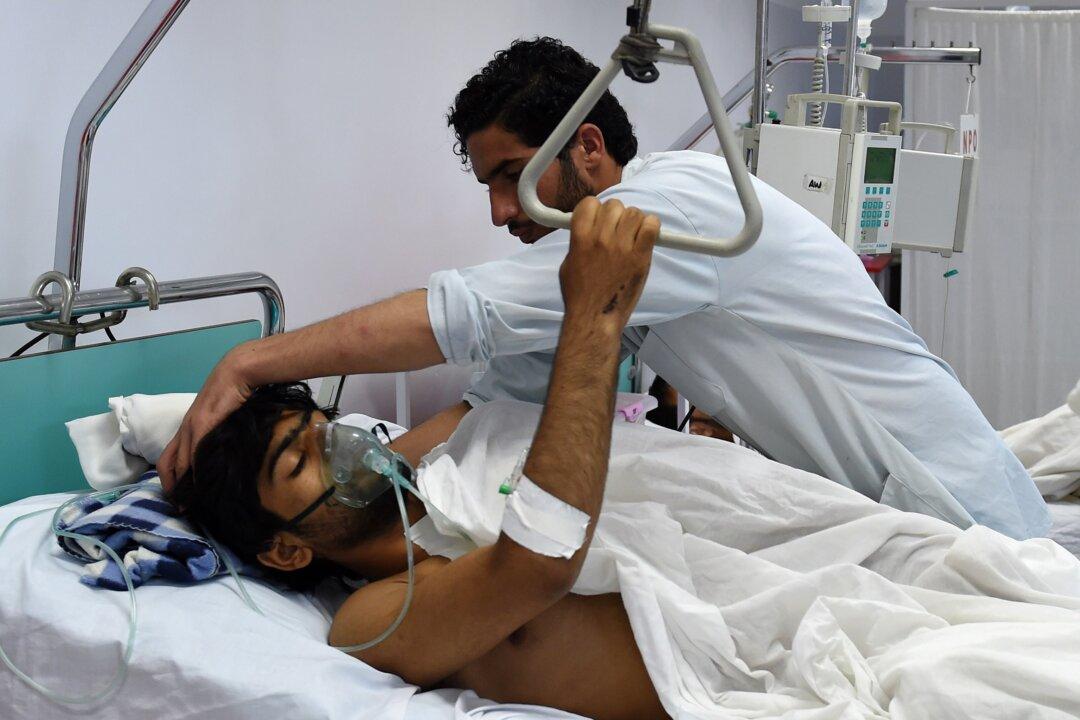When a U.S. gunship shelled an Afghan hospital last fall, reducing it to rubble, it wasn’t a war crime nor negligence, according to Pentagon investigation released April 29.
On October 3, 2015, a U.S. Air Force AC-130 gunship attacked near a hospital in Kunduz, Afghanistan, run by Doctors Without Borders (MSF), killing 42 people, including 14 staff members.
General Joseph Votel, the commander of the U.S. Central Command, talked to media on April 29 about what went wrong.

Army Gen. Joseph Votel, Commander of U.S. Central Command, briefs reporters on the release of the investigation into the U.S. airstrike on the Doctors With Borders trauma center in Kunduz, Afghanistan, April 29, 2016, at the Pentagon. AP Photo/Molly Riley





